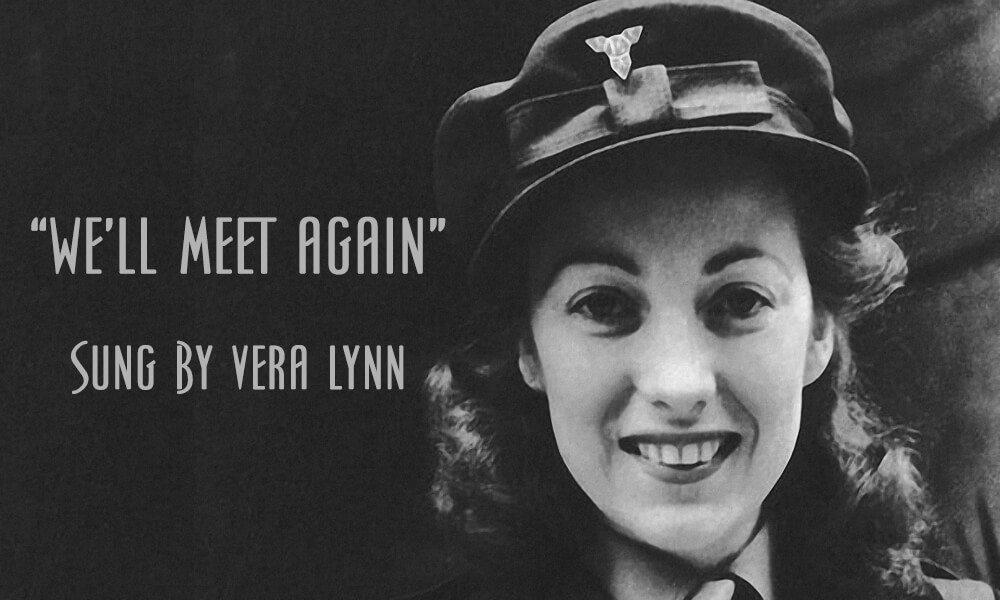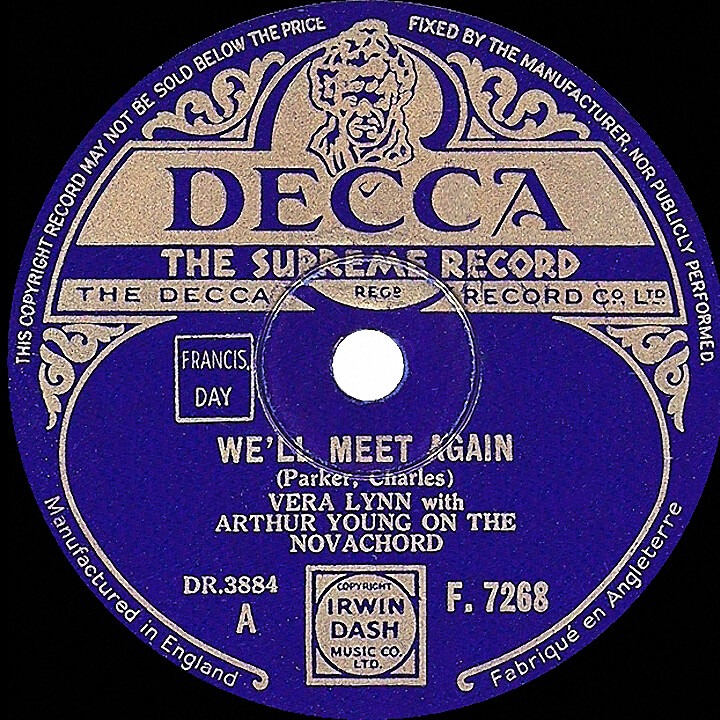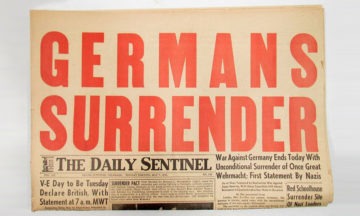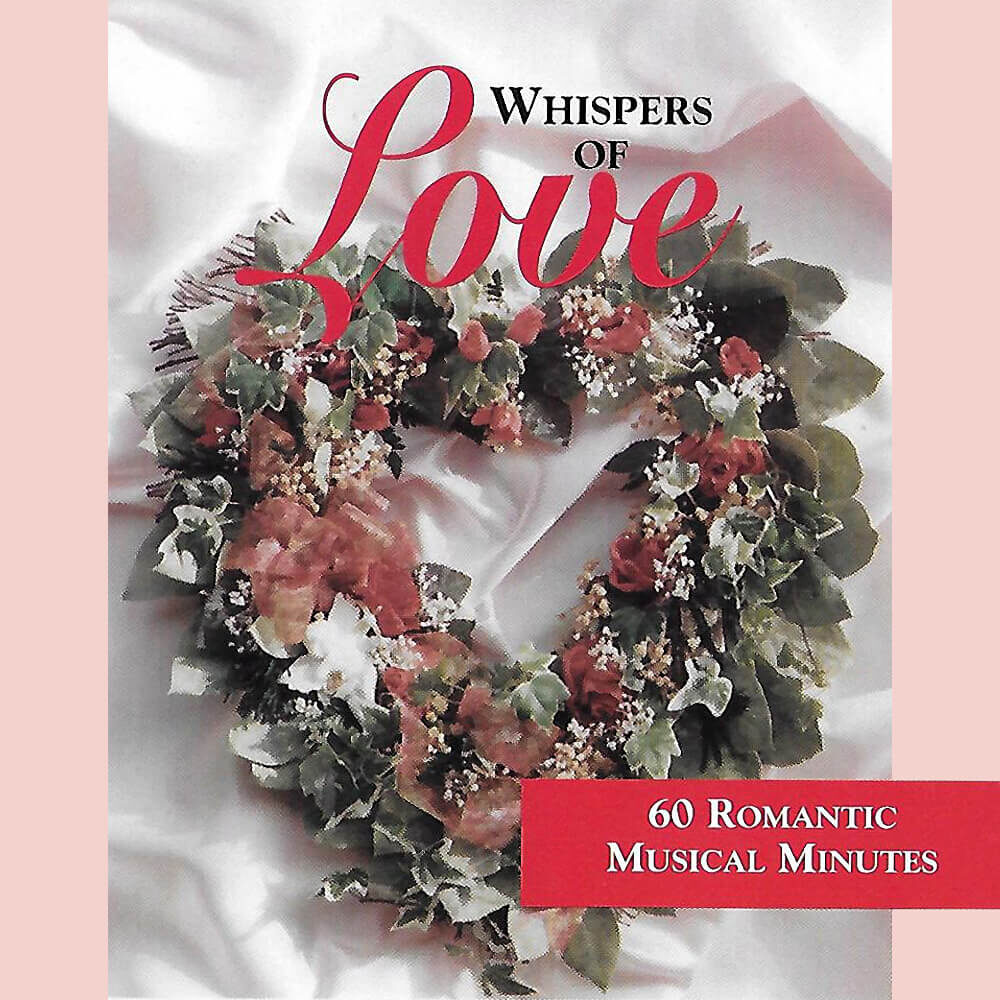I don’t know about you … but I spent uncounted hours in the latter part of last week listening and watching the events surrounding the 75th anniversary celebration of the D-Day invasion unfold, as well as documentaries related to the Normandy invasion … although most of the latter I’ve seen on any number of previous occasions.
As part of the commemoration ceremonies held at Portsmouth, England, on Wednesday, June 5th, in between speeches by Queen Elizabeth, President Trump and others, there was a special musical selection offered. While I don’t believe most of the American networks “bothered” including in their coverage, this performance was included because of its great significance to the British peoples throughout the WWII period.
Listen as West End (London’s Broadway) singer Sheridan Smith delivers a smashing re-creation of Vera Lynn’s early-1950’s arrangement of “We’ll Meet Again.” Then, as Paul Harvey would say, “Stay tuned for the rest of the story” … as the song had its origins in 1939!
Who is Vera Lynn?
First, you may ask “who was Vera Lynn?” Perhaps better to ask, “who is Vera Lynn?” Vera, an English lady who began singing professionally while still in her teens, is still very much among the living, having celebrated her 102nd birthday this past March. As an American, if you remember her, it’s likely through recordings released here in the early 1950’s, with “Auf Wiederseh’n, Sweetheart” reaching hit status on the Billboard pop songs chart.
Then, if you have knowledge of world history from the mid-20th century era, you know that the British, including many brave souls from our neighbor to the north — as Canada was part of the British Empire — went to war beginning in September of 1939, as part of a mutual defense pact with the Polish, which was triggered by Hilter’s Nazi invasion of Poland. Think the Blitz, the “Battle of Britain,” the Dunkirk troop evacuation.
Of course, this was two years prior to our joining the fight following the bombing of Pearl Harbor on December 7th, 1941 — which immediately escalated the global level of conflicts to the status of “World War Two.”
As for Vera and “We’ll Meet Again,” it was the perfect message and perfect timing for the need of the British peoples. It was a newly-written tune by a pair of new songwriters and one of Vera’s first recordings … released in the fall of 1939. This initial recording of the song, as you’ll hear here, was not a high-powered arrangement in any way … simply, as men by the thousands were headed off to war, it conveyed the message of hope and the longings of families and lovers being separated by the war … becoming the theme song of the nation for the long years ahead … and, along with it, making Vera the beloved darling of the suffering nation!
We’ll meet again
Don’t know where
Don’t know when
But I know we’ll meet again some sunny day
Keep smiling through
Just like you always do
‘Till the blue skies drive the dark clouds far away
So will you please say hello
To the folks that I know
Tell them I won’t be long
They’ll be happy to know
That as you saw me go
I was singing this song . . .
There are certain pieces of music that I find emotionally touching whenever I hear them, and this is one of them — if you asked me to make a top ten favorites lists, this would be on it!
Recollections of WWII
If you are my age, you were alive during those war years, but not old enough to really know or understand what all was taking place in the war zones … as I was just entering the 5th grade as the War finally concluded in 1945. My connection was primarily through what occurred on the homefront, as those I directly witnessed and experienced and distinctly remember. For instance … ration stamps for purchasing gasoline and critical food items such as meat, sugar and butter, air raid wardens patrolling neighborhoods, covering your windows at night with “blackout curtains” before turning on any lights … and the chemical smell in my mother’s clothes when she came home from the Rohm & Haas plexiglass factory, which made aircraft windshields and gun turrets.
As I relate in the early pages of my memoir, before I get into describing my radio industry “love affair” and career which spanned 60 years … I note that I remember listening with my family to radio reports about the bombing of Pearl Harbor in Hawaii, although I’m not sure I really comprehended what that meant. Then, my next radio news memory didn’t come until just a month before the end of the war in Europe, which was the death of President Franklin Roosevelt in April of 1945.
XM 1940’s Big Band Channel
More than any other, especially those of the 20th century, this is the war that has attracted my greatest attention and interest. Beyond what I described above, my personal interest certainly ramped up in the year 2000, when I was invited to join the startup crew being hired by XM Satellite Radio to build their 100 channels of unique programming … not to create a Beautiful Music/Easy Listening channel, which is the format on which my industry reputation was built … rather it was to design their 1940’s/Big Band channel.
Its official name was 40’s on 4, but I never called it that. We were challenged by chief programming guru, Lee Abrams, to brand our channel — based on the importance of trains, both passenger and freight, during the WWII period, as well as my personal love of trains … I chose to name ours the Savoy Express!
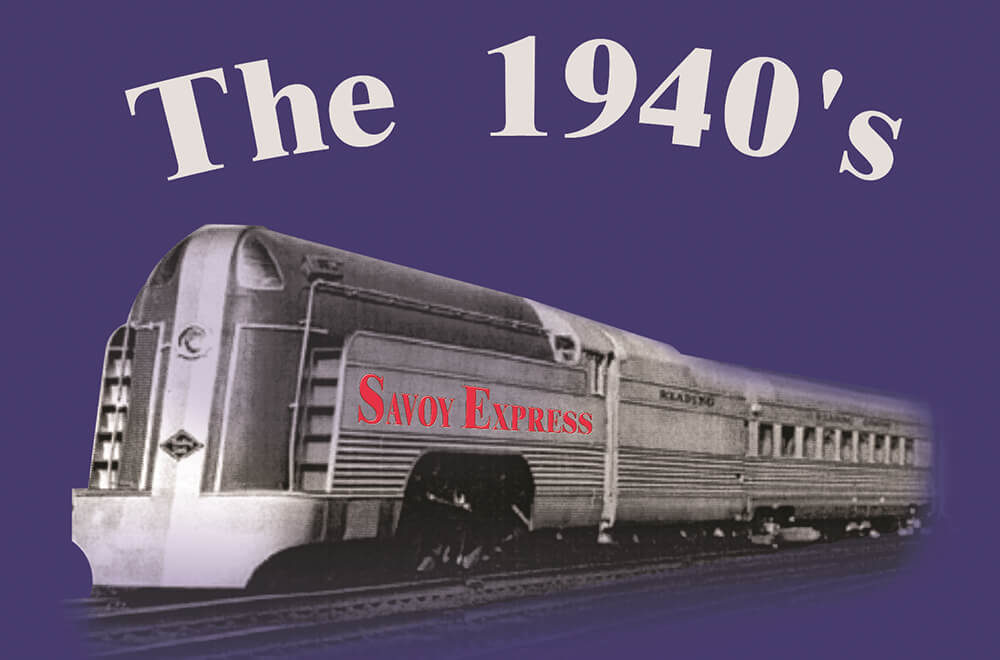
While our emphasis was on playing the great popular recordings from the period between 1935 — the beginning of the big band swing era — and 1949, with what transpired during this time playing such a key place in our nation’s and the world’s history, I could not ignore including the historical aspect in our programming. This was accomplished by airing daily newscasts for a particular date and year, re-created in the sound and style of a newscast as heard during that era … plus airing a re-creation of and using the actual audio material of NBC Radio’s coverage of the first 40 hours of the D-Day invasion, timed to minute-by-minute accuracy on June 6th and 7th.
D-Day, World War Two and “the Song” . . . I’d love to read your thoughts, memories, feelings related to any of these. Thank you.
